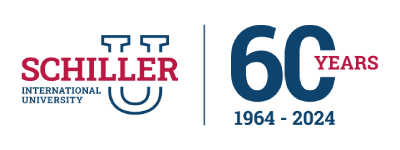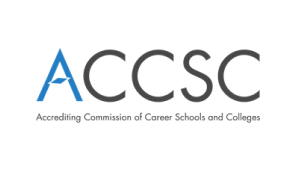By: Fereshteh Barei, adjacent professor Paris Campus

As the use of artificial intelligence (AI) becomes increasingly prevalent in higher education, the need to address ethical considerations and responsible implementation becomes paramount. Recognizing this urgency, I initiated a series of meetings with colleagues from the Paris campus in February 2023, focusing on the responsible use of AI at universities.
This article highlights the key themes discussed and the future goals identified in these meetings, while emphasizing the importance of collaboration and ethical principles in AI adoption.
Analyzing Opportunities and Identifying Issues
The meetings initiated a comprehensive analysis of the opportunities offered by various AI platforms in a university setting. However, equal attention was given to addressing the concerns and challenges faced by both students and professors in utilizing these AI tools. The discussions unearthed themes and subthemes, which encompassed a wide range of ethical considerations and practical solutions.
Key Themes and Subthemes
- Addressing Academic Misconduct and Ethical Dilemmas:
- Defining boundaries and guidelines to combat misconduct and promote ethical behavior.
- Clear Guidelines and Policies:
- Establishing comprehensive guidelines and policies to govern AI usage and determine its consequences.
- Minimizing AI Misuse:
- Implementing controlled assessments and restricting internet access to mitigate potential misuse.
- Defining Cheating in the AI Era:
- Establishing boundaries and ethical guidelines to tackle new forms of cheating facilitated by AI.
- Assessing Effectiveness and Making Improvements:
- Evaluating the efficacy of AI tools and continuously improving their functionalities.
- Training and Support for AI Literacy:
- Providing necessary training and support to enhance AI literacy among students and faculty.
- Responsible Use and Critique of AI:
- Teaching students to responsibly use and critically evaluate AI-generated information.
- Rethinking Assessments and Examinations:
- Exploring innovative approaches to assessments that test understanding rather than mere information retrieval.
Future Goals and Ethical Considerations
Moving forward, the group aims to address ethical dilemmas, privacy concerns, and security issues associated with AI adoption. Monitoring and evaluating AI implementation will be crucial, along with encouraging a balanced approach that emphasizes critical thinking and ethics. Additionally, preparing students for the AI-driven workplace by instilling responsible and effective AI usage, enhancing critical thinking, digital literacy, and information evaluation skills will be prioritized.
Collaboration and Ethical Principles
Recognizing the significance of collaboration, the group calls for a collective effort among universities and companies to ensure the ethical and responsible use of AI. Pedagogical perspectives, equity, and accessibility must also be considered when deploying AI-based educational tools. By establishing collaborations and sharing best practices, institutions can collectively redefine evaluations, protect academic integrity, identify biases in data, and uphold privacy standards.
Conclusion
The ongoing meetings on responsible and ethical AI use in higher education signify a proactive approach towards addressing the challenges and maximizing the potential of AI tools. By focusing on collaboration, pedagogical considerations, and ethical principles, universities can pave the way for a future that embraces AI's benefits while upholding integrity, fairness, and the holistic development of students.
I would like to personally invite all my Schiller colleagues and Schiller partners to join the AI working group by emailing me to [email protected]

 Request information
Request information









